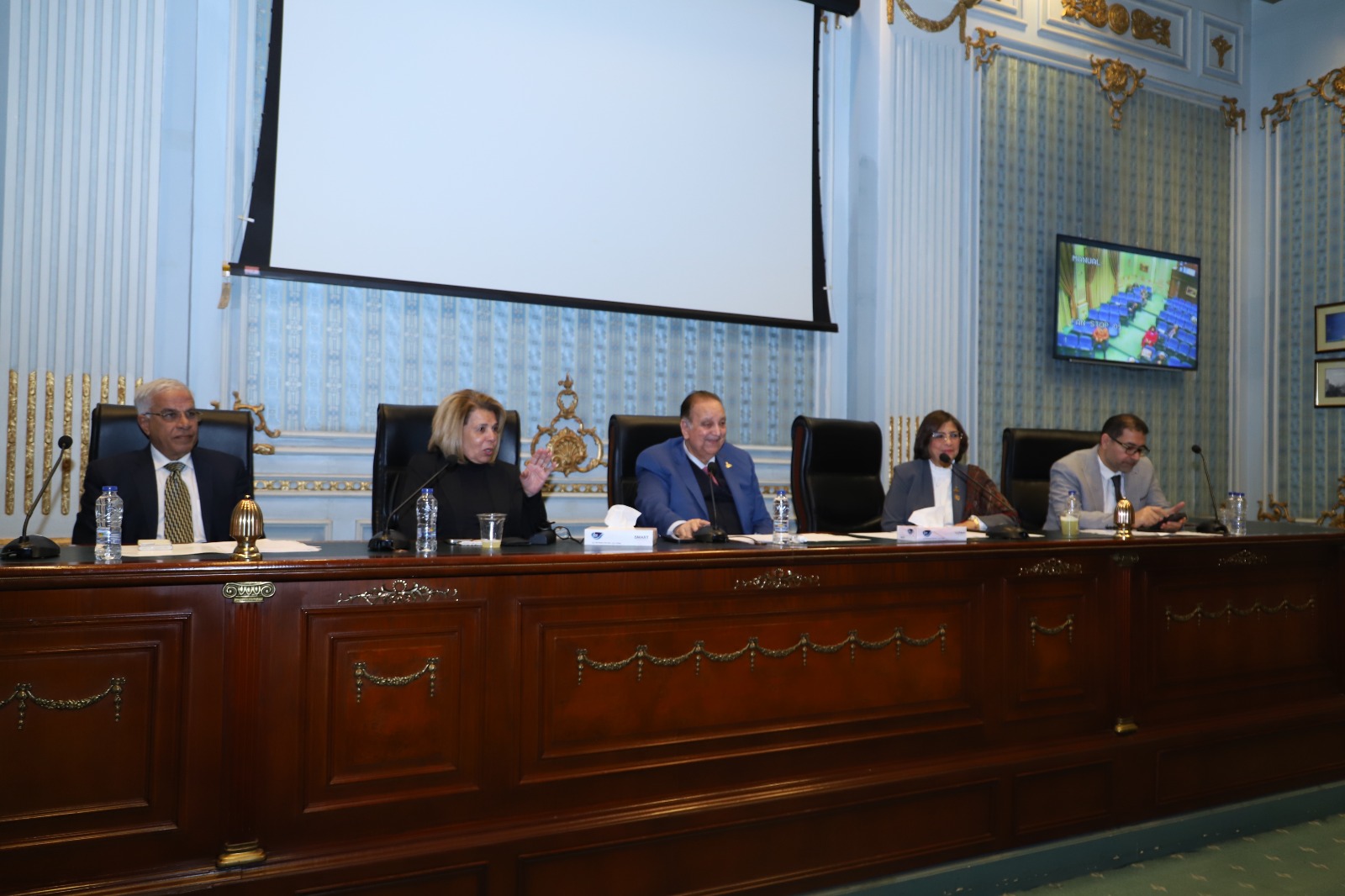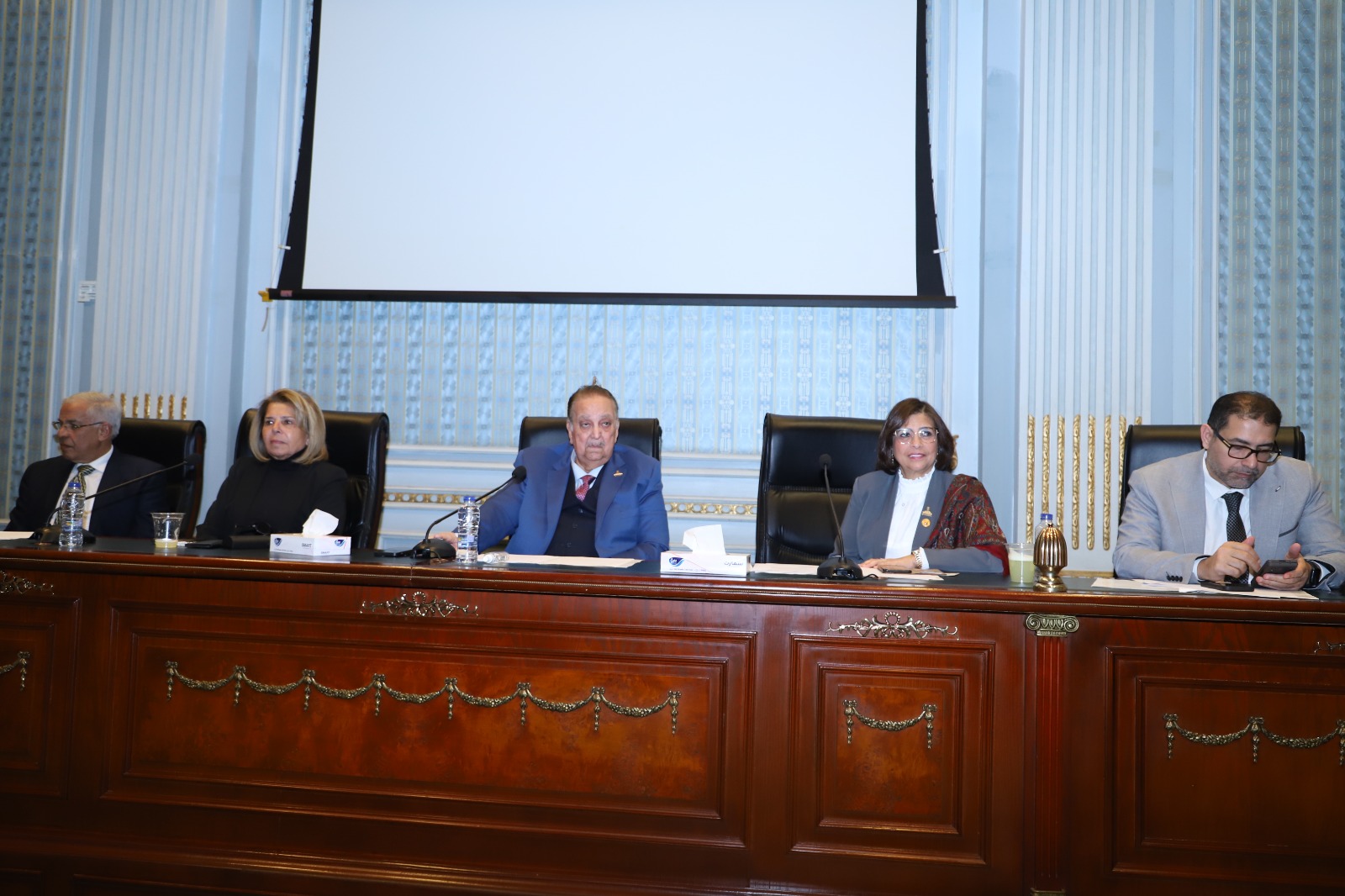

Youth participation in reformulation of human rights curricula a fundamental step towards promoting a culture of human rights in Egypt: Moushira Khattab
In her address to the Senate’s Education and Scientific Research Committee, led by Dr. Mohamed Nabil Daabes, Ambassador Moushira Khattab, President of the National Council for Human Rights, highlighted the vital role of youth in reforming human rights education in Egypt. She reaffirmed Egypt’s dedication to human rights, referencing President Abdel Fattah el-Sisi’s endorsement and the initiation of the National Human Rights Strategy in 2021. Khattab further pointed out that the 2014 Egyptian Constitution is a landmark document in the nation’s constitutional history, establishing human rights as a foundational element of the society.
Ambassador Moushira Khattab regards the involvement of youth in the reform of human rights education as crucial to fostering a human rights culture in Egypt. She believes that human rights represent a lifestyle that cannot be coercively applied to any society. Khattab emphasizes the necessity of engaging young people in the redesign of human rights curricula, aiming to render them more engaging, dynamic, and reflective of real-world scenarios.
Ambassador Moushira Khattab expressed that involving youth will ensure the curricula are relevant to their needs, life’s realities, and adhere to global human rights norms. She highlighted the National Council for Human Rights’ initiative to involve young people in the development of human rights curricula. The program kicked off at Ain Shams University with three sessions engaging 8,000 students. Additionally, collaboration agreements were established with six universities: Cairo University, Mansoura University, New Giza University, October 6 University, Alexandria University, and Ain Shams University.
Ambassador Moushira Khattab underscored the critical role of parliamentary backing for the human rights curriculum reform program. She advocated for revisions to make the curricula more engaging and to incorporate practical activities that embody human rights principles. Khattab affirmed that such support from parliament would be pivotal in ensuring the program’s effectiveness and enduring impact.
In her closing remarks, Ambassador Moushira Khattab reaffirmed the pivotal role of youth engagement in the transformation of human rights education as a cornerstone for nurturing a human rights culture within Egypt. She conveyed that the initiative strives to cultivate a generation that not only believes in human rights but is also equipped to advocate for them, thereby contributing to the foundation of a democratic society.





 English
English
 Arabic
Arabic
 French
French

